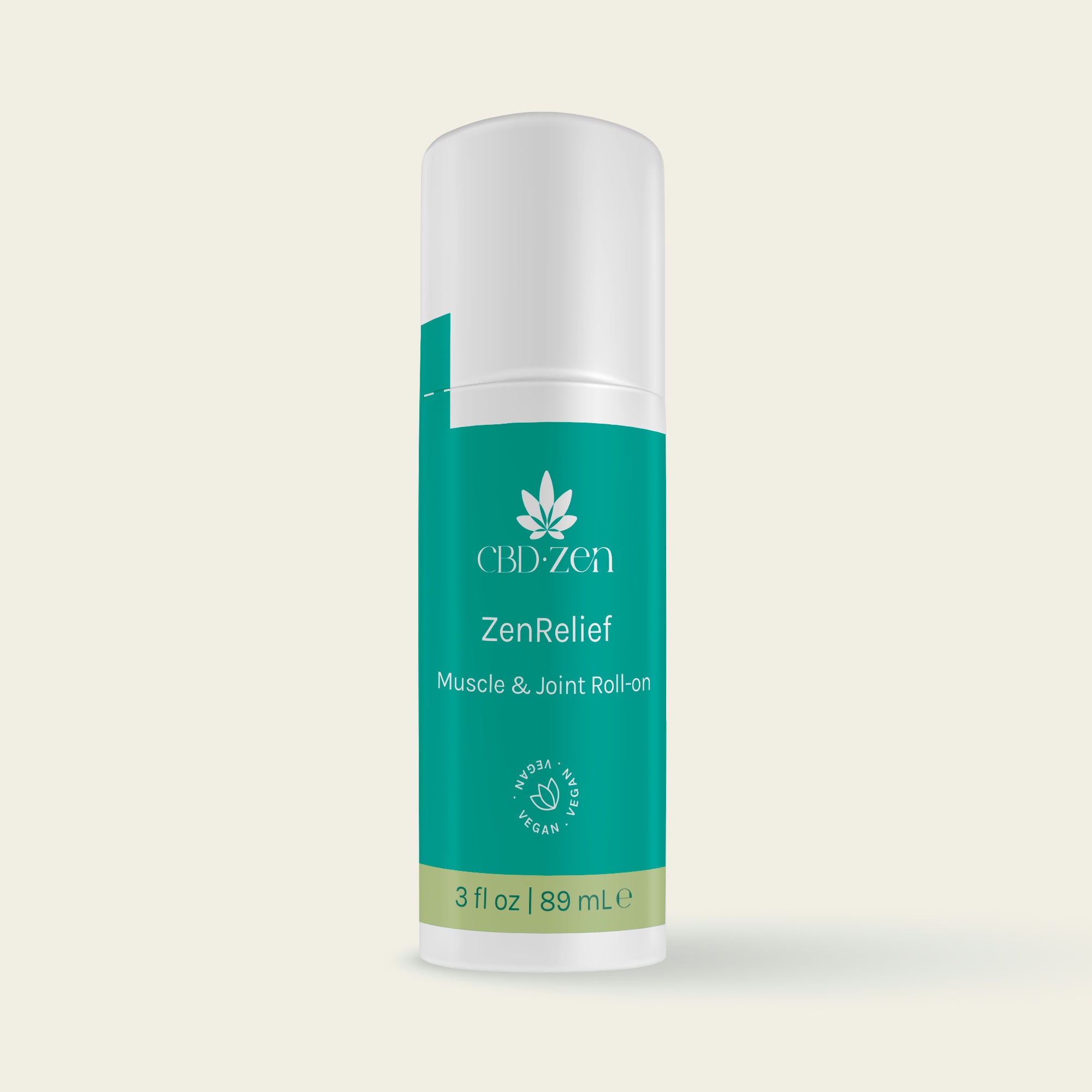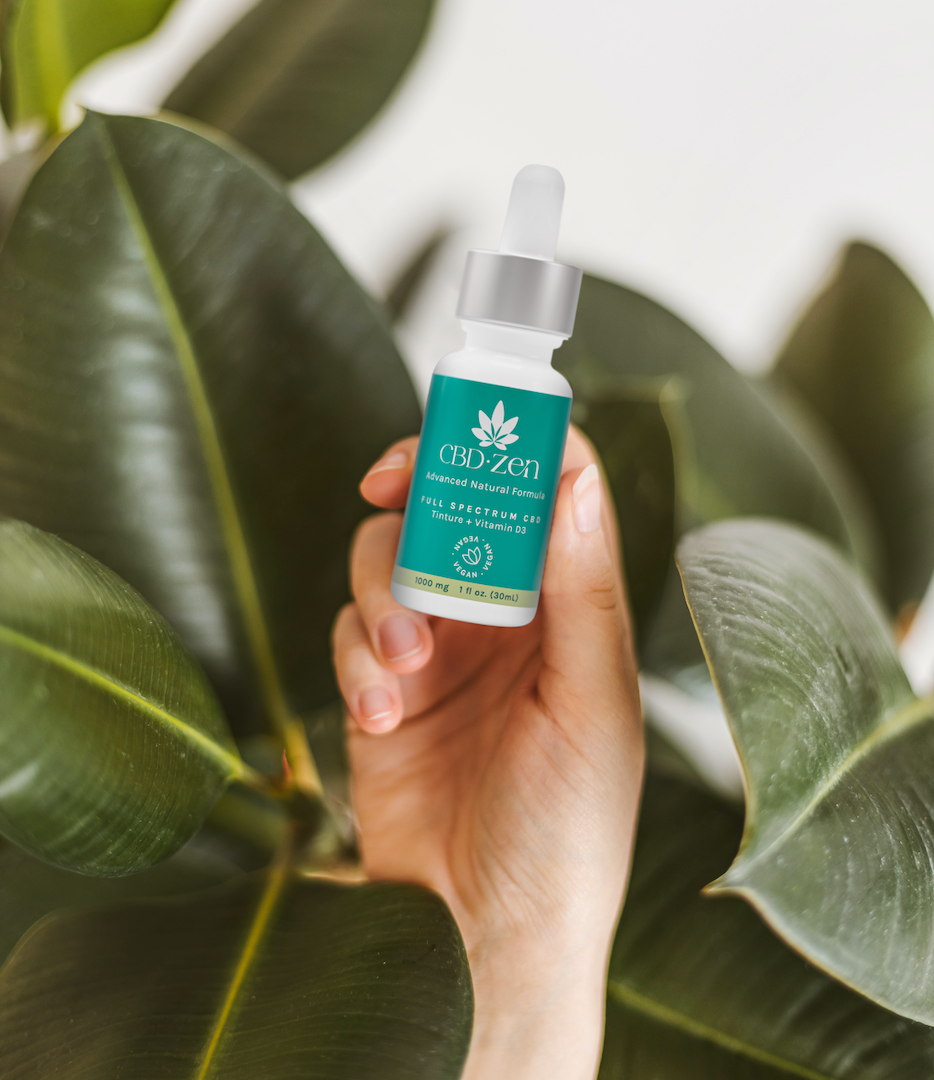The Magic of Gratitude: the key ingredient of an anti-stress recipe
In the chaotic and often stressful world we live in, anxiety has become a constant companion for many. Worries, pressures and stress can easily overwhelm us, leaving us exhausted and emotionally drained. However, in this battle against anxiety, there is a surprisingly effective tool we all have at our disposal: gratitude.
This powerful practice can not only train our brain to notice and appreciate the little things in life, but it can also transform our overall life experience.
Gratitude has the potential to increase happiness, well-being, life satisfaction, and even overall health, while decreasing anxiety, depression, and anger. In this article, we will explore how gratitude can be a secret weapon in the fight against anxiety and how incorporating it into our daily routine can have a positive impact on our mental health.

The Science of Gratitude
Science has shown that practicing gratitude regularly can have a big impact on our mental health. Numerous studies support the relationship between gratitude and better emotional health.
In fact, multiple studies use gratitude interventions as free, simple, and effective ways to protect against anxiety and depression. These interventions can promote self-understanding, reduce unhealthy self-talk, and decrease anxiety in young people.
But why is gratitude so effective? When we express gratitude, our brain releases dopamine and serotonin, neurotransmitters that generate feelings of happiness and reduce stress. This means that, from a biological perspective, gratitude can make us feel better.
Additionally, gratitude has the potential to become a powerful therapy, it helps reduce cortisol levels in our body by approximately 23%, preventing stress-related health problems. What does this mean? You can avoid the negative consequences of stress, such as physical and emotional illness, through a regular gratitude practice.
How can gratitude help me relieve anxiety?
Gratitude allows you to understand yourself better to take it easy: When we are overly critical of ourselves, stress can come over us. Self-compassion, self-understanding, and the ability to take things in stride are essential for our mental health.
Gratitude helps reduce non-beneficial self-talk : When we face challenges or stressful situations, we often get caught up in negative, repetitive self-talk that increases anxiety. Gratitude has the potential to reduce this negative thinking.
Gratitude helps reduce anxiety in young people: Encouraging gratitude from an early age can be an effective way to reduce anxiety, especially in adolescence. By teaching young people to appreciate what they have, we can have a positive impact on society as a whole.

How to Practice Gratitude
Now that we understand the power of gratitude, the question arises: how can we incorporate it into our lives? Here are some practical tips:
Gratitude Journal: Start writing a gratitude journal. Each day, write down three things you are grateful for. They can be small or big, from a beautiful sunrise to that delicious coffee you had with a friend.
Sincere Expression: Don't limit yourself to silently feeling gratitude. Express your gratitude to the people around you. A simple "thank you" can strengthen relationships and increase your own sense of well-being.
Take 5 minutes : Take time each day to reflect on the things you are grateful for. For five minutes, whether when you wake up in the morning or before going to bed, this daily practice can have a profound impact.
Stop and appreciate what's around you: Stop your frenetic pace and learn to appreciate what you have in the present. Even in difficult times, you can find reasons around you to be optimistic and grateful.
Mental Health Benefits
Gratitude is not only enjoyable, releasing dopamine and lowering cortisol levels, but it also has significant mental health benefits. By practicing gratitude regularly, you can:
- Reduce anxiety and stress.
- Improve your mood and reduce symptoms of depression.
- Strengthen your interpersonal relationships by expressing gratitude.
- Develop a more positive and optimistic outlook on life.
It is important to recognize that practicing gratitude can be challenging during difficult times. Negativity, overwhelming stress, and lack of time can be obstacles to incorporating gratitude into your life. However, here are some strategies to overcome these obstacles:
Focus on the Positive : Even on difficult days, try to find at least one thing you are grateful for.
Set Reminders : Set daily or weekly reminders to practice gratitude. An alarm on your phone can be helpful.
Practice Self-Compassion: Don't beat yourself up if you forget to practice gratitude occasionally.
Gratitude does not negate pain . It is a “both-and” practice, not an “either-or” practice. You can be hurt and grateful. You can use gratitude as a lifeline to avoid drowning in negative mental habits that intensify your pain, but not to eliminate it completely.
Thank you for CBD
Currently, it is recommended to consume medications prescribed for anxiety relief with great caution and moderation.
Our recommendation, in addition to breathing, meditating and being grateful every day, is to take advantage of the natural properties of CBD oil (take advantage of our promotion at CBDZen ) to manage anxiety and depression without the risks of these anxiolytics.
CBD, thanks to its neuroprotective and modulating capacity at a biochemical level, can be a good complement for people with clinical anxiety and depression, without causing withdrawal syndrome (one of the most dangerous side effects of psychotropic drugs).
CBDZen helps with relaxation and sleep, relieves muscle pain caused by tension caused by stress, as well as sudden mood changes, among other great benefits .
The ideal is to gradually try the dose of CBDZen that works best for your body and most appropriate for your anxiety, until you achieve the indicated dose.
In short, gratitude is a powerful and underrated tool in our fight against anxiety and stress in everyday life, and supplementing your self-care with the properties of nature can soothe and improve your overall emotional health.
So why not get started today? Take your CBDZen dropper and a moment each day to reflect on the things we are grateful for, and we will see how gratitude becomes a constant ally on our journey towards emotional well-being and peace of mind.




Leave a comment